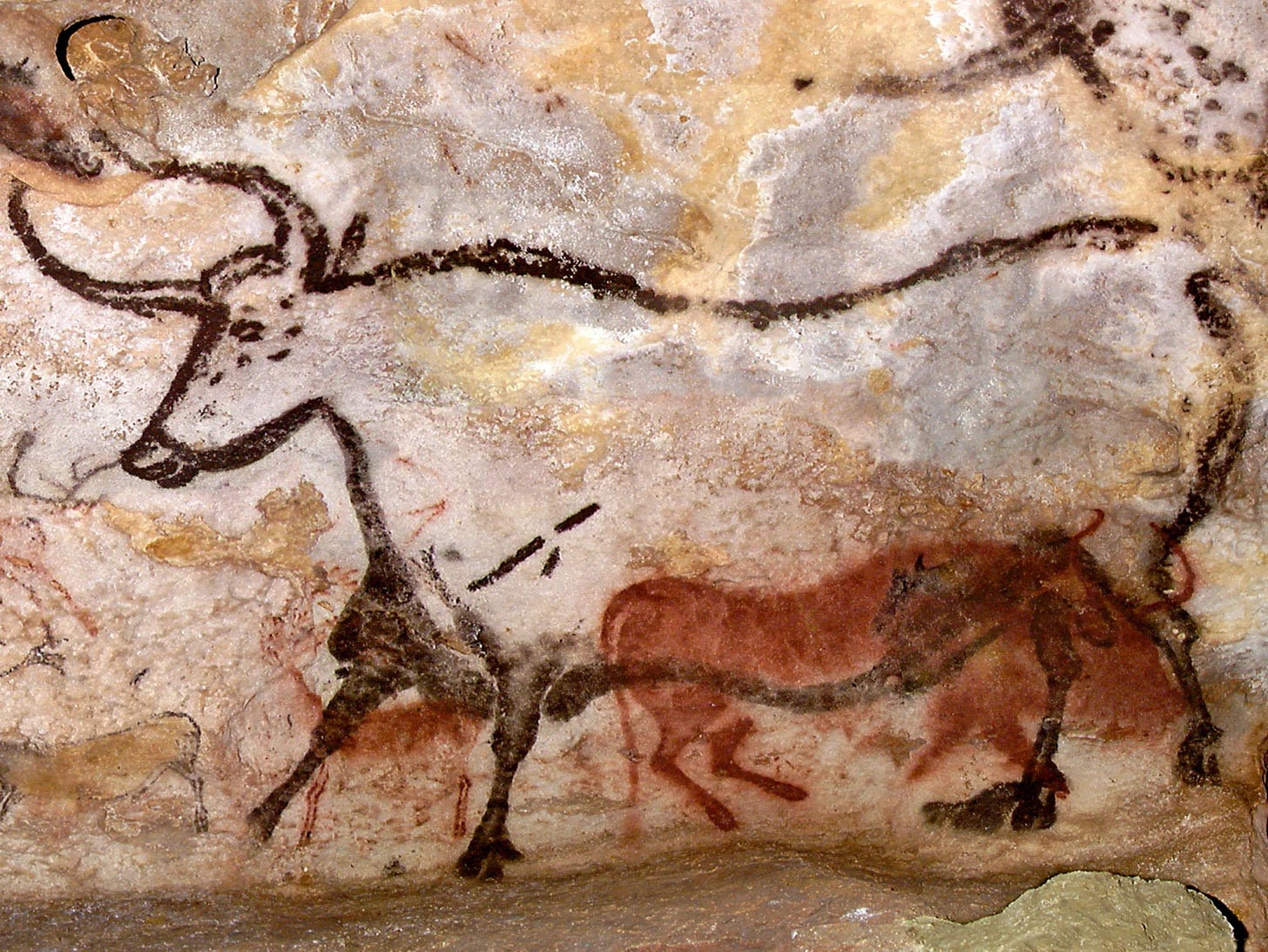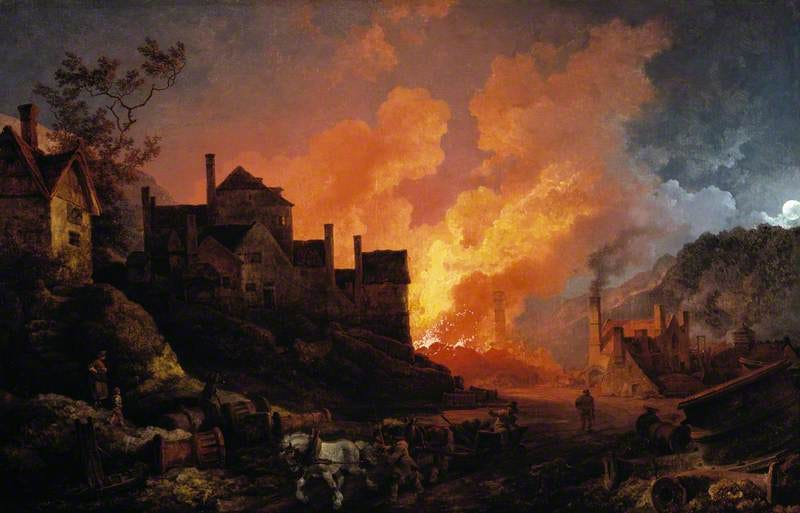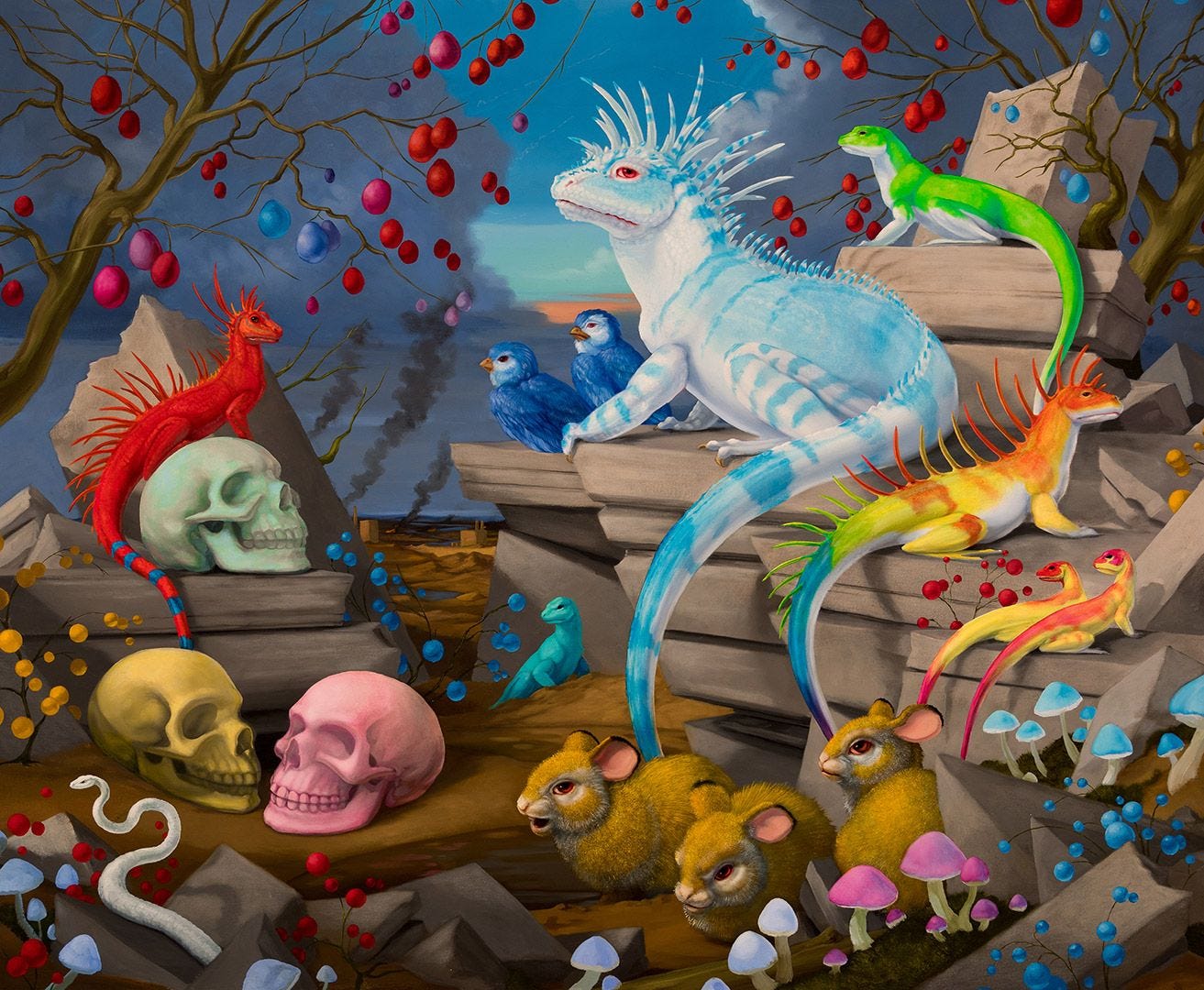Integral Time: Intimations of a New Worldview
New course on time, Gebser, and reclaiming the future from progress - on Parallax Academy.
Dear readers,
I am delighted to be offering a new, online course over at Parallax Academy. “Integral Time: Intimations of a New Worldview” is a five week course starting on Sunday, May 4 at 9:30 am PT / 12:30 pm ET. Sessions will run approximately 90 minutes.
You can register for Integral Time here, on Parallax
In many ways, this course is a kind of distillation of my forthcoming book, Fragments of an Integral Future: Essays on Time, Climate, and an Ecological Worldview. Playfully, I suggest, it is a book that arrives like an emissary from the future (much like author Michael Garfield’s forthcoming Integral Imprint book). Likewise, the course will ask participants to entertain the possibility that the present is in relationship with the future.
You can think of it as an intellectual exercise, a big “as if,” inviting the cultivation of a certain attitude not unlike C.G. Jung’s active imagination.
What if the future was already present?
And behind that question lies another: what if time were open?
What if the distances between us and the remote past and far flung future were not so remote, not so far flung?
What if time was open, like the rhizome, in radical relation?
This course, like my book, invites us to invest in a five-week period of philosophical and mythic storytelling. It draws deeply from the writings of Swiss poet and phenomenologist of consciousness Jean Gebser (1905-1973), adapting many of his insights on an ‘integral’ time to make sense in a time of collapse. And like any work that draws deeply from a particular philosopher, the book and the course recognizes Gebser as a key thinker while also going further afield, finding allies in other thinkers and writers, humans and more-than-humans, to begin to make sense in common.
In order to talk about the future, ‘rhizome time’ invites us to remember a different past. Radical, emancipatory futures are intimately linked with the project of revisioning history. Enter lesson one, “Another Way to Go Meta,” where we begin our discussion on the future by a revisioning of the history of consciousness. We need new meta-narratives, beyond the Enlightenment-era narrative of progress, in order to reclaim big picture thinking and reclaim the future from its catastrophic trance. Lesson I opens the course with a re-visioned story of human origins. This new story, in turn, brings forth new meta-historical narratives, ones that serves the troubled present in its quest to find new ground, and new habitable futures. What is needed is not the mere ‘composting’ of the progress narrative. New stories, like green shoots in the fecund Earth, are asking to spring forth.
Lesson II, “Time Breaking Forth” leaps from our re-visioned history of consciousness to another pivotal moment of evolutionary bifurcation: the late 18th century, the advent of the modern world. What is attempted here is a kind of brief history of the process of becoming modern, and the forms of temporality the modern world have employed (and as many would say, unleashed) in the name of progress. To be modern, as Gebser suggests, is to be haunted by time, and in order to understand where we are in the present, what is needed is an ‘archeology’ of the fires of the present: a deepened understanding of what becoming modern has meant. We visit the inception of the industrial revolution, James Watt’s steam engine and the birth of the anthropocene, where the seeds of the present day polycrisis took root. In the process, we will see that such a pivotal movement of cultural bifurcation also contained other possibilities which are, only now, becoming clear. I suggest that the last two hundred years have functioned like a ‘kaironic knot’ of extended duration, a seed crystal containing the possibility not only of catastrophe, but metamorphosis, and the realization of a new, integrative worldview.
Lesson III, “Time Breaking In” leaps forward once more towards the present-day moment of dissolution and upheaval. If the last two hundred years have been their own ‘long now’ of kaironic intensification, then the last forty years have seen a dramatic unveiling of the themes that were only latent in the industrial revolution. Gebser comes to the fore in this lesson: many of his conceptual insights, I suggest, are able to help us make sense of this moment of “Janus-faced” breakdown and breakthrough. Drawing from Gebser’s narrative concerning the collapse of the “perspectival” world and the emergence of an “aperspectival reality,” Lesson III frames the present state of the polycrisis as a series of dramatic reversals in the history of consciousness. Modernity’s onward-and-upward trend of de-naturing and de-worlding progress appears to have met its match: Gaia, as the philosopher Isabelle Stengers has so memorably described, has “intruded” on the project of modernity. Nature has returned in the form of a great storm, and with it, time, itself, has become an all-pervasive “structure of feeling.” The climate crisis brings home many of the insights Gebser had described decades ago in the midcentury. This lesson emphasizes how Gebser’s aperspectival world has already arrived—the future, in other words, is living us. It is only through our awareness of this remarkable truth that we can begin to reclaim new forms of planetary agency that are needed to navigate a time between worldviews.
Lesson IV, “Integral Futurism, “and V, “Medicine Bags From the Future,” conclude the course, and together, remind participants of the core themes we have explored: in order to live the future in the present and wrest the Earth from the catastrophe of progress, what is needed are new forms of temporality. How can this be achieved? Drawing the writings of Jean Gebser, Isabelle Stengers, Catherine Keller, Mark Fisher, Ursula K. Le Guin and Walter Benjamin, I propose what I call “integral futuring,” a prefigurative practice of living the future in the intensified present. In order to develop this practice, we look to contemporary works of art and scholarship that help us navigate a “hauntological” present that, nevertheless, contains many cracks and fissures where new kinds of habitable futures, futures beyond capital and beyond progress, are available to us.
What is required, then, is the courage to leap into what Benjamin called the “open air of history,” an intensified Jetzeit (‘now-time’). Integral futuring is concerned with the cultivation of a special form of kaironic time where metamorphosis is possible and the present is more mutable than it appears to be at first glance. It is only through concretely living in this intensified creative time that a future beyond progress is possible.
We conclude our course by sharing stories and reclaiming narratives of change. Before we disperse, we gather our medicine bags from the future, and carry forth the seed crystals of possibility.
To reiterate: I am, again, delighted and honored to be able to offer this course to you in this time. The material is close to my heart, and at the heart of my philosophical thinking and writing. It’s the result of many years of deep reading and exploration, wrestling with the creative demands of manuscript writing in the mix with dramatic personal upheaval and transformation. The book is better for it, and I hope the class will be too.
Join me on Sunday, May 2nd for lesson I (and reach out if you want to take the course, but need student/hardship discounts).
As always, and never taken for granted: thank you for reading, supporting, and engaging my work. More project announcements to come in May and June of this year.
Be seeing you, presently.





Hi Jeremy. I like what you are saying about reframing time. A colleague, Philip Franses, and I are opening a model of three types of time that integrate in 3D timing, putting freedom in movement and the power of choice back into 3D space: linear time sequence (the arrow of time); time frames for informational and relational processing (story time); and the eternal now (the present moment). I would like to explore this with you, as I believe you are working towards the same freedoms. I have had some connection with CIIS through consciousness studies.